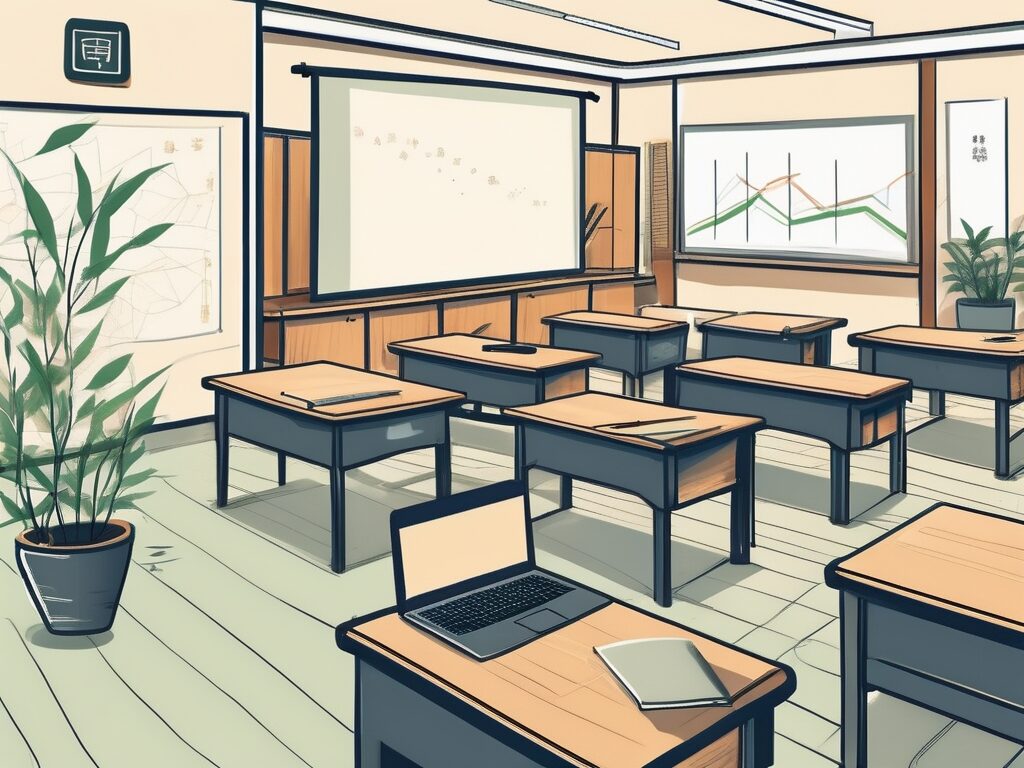Taiwan, an island nation known for its bustling cities and stunning landscapes, is also renowned for its high-quality education system. The effectiveness of teaching practices in Taiwan is often attributed to a blend of traditional and modern pedagogical approaches. This article delves into the intricacies of these practices, highlighting their unique aspects and how they contribute to the overall success of Taiwan’s education system.
Emphasis on Rote Learning
One of the cornerstones of Taiwan’s teaching practices is the emphasis on rote learning. This traditional method, often criticised in Western education systems, is highly valued in Taiwan. It involves the memorisation of information based on repetition. The primary focus is on recall through repetition rather than understanding.
While this may seem counterintuitive, it’s important to note that rote learning in Taiwan is not about mindless repetition. Instead, it’s used as a tool to instil discipline and improve memory. It’s akin to laying the foundation of a house – providing a solid base upon which further learning can be built. This is somewhat similar to learning multiplication tables in primary school in the UK, where repetition aids in quick recall during more complex calculations.
Teacher-Centric Approach
Another distinctive feature of Taiwan’s teaching practices is the teacher-centric approach. In this model, the teacher is the primary source of knowledge, and students are expected to absorb this knowledge. This is in contrast to more Western models where student participation and interaction are encouraged.
However, this doesn’t mean that Taiwanese classrooms are devoid of interaction. On the contrary, teachers often use creative methods to engage students and make lessons more interesting. For instance, they might use storytelling or games to explain complex concepts. This is somewhat akin to the use of visual aids and interactive activities in British classrooms to engage students.
High-Stakes Testing
High-stakes testing is a significant aspect of Taiwan’s education system. These tests are used to evaluate students’ understanding and determine their academic trajectory. The pressure to perform well in these tests is immense, leading to a culture of intense study and preparation.
While this approach has its critics, it’s worth noting that it has contributed to Taiwan’s high literacy rates and overall academic achievement. However, it’s also important to balance this with the understanding that education is not just about test scores. This is a sentiment echoed in the UK’s education system, where there’s a growing emphasis on holistic education that goes beyond academic achievement.
Emphasis on Moral Education
One aspect of Taiwan’s teaching practices that sets it apart is the emphasis on moral education. This is not just about teaching students about right and wrong but also about instilling values such as respect, responsibility, and integrity.
This moral education is often integrated into daily lessons, rather than being taught as a separate subject. For instance, a teacher might use a story or a real-life incident to highlight a particular value. This approach is somewhat similar to the teaching of PSHE (Personal, Social, Health and Economic education) in the UK, where values and skills for life are taught.
Use of Technology
While traditional methods form the backbone of Taiwan’s teaching practices, there’s also a growing emphasis on the use of technology in education. This includes the use of digital textbooks, online learning platforms, and interactive whiteboards.
This integration of technology not only makes learning more engaging but also prepares students for a digital future. It’s a trend that’s also evident in the UK, where technology is increasingly being used to enhance teaching and learning.
In conclusion, the effectiveness of Taiwan’s teaching practices lies in a balanced blend of traditional and modern methods. While there’s an emphasis on rote learning and high-stakes testing, there’s also a focus on moral education and the use of technology. This multifaceted approach, coupled with a deep respect for education, contributes to the success of Taiwan’s education system.
Advance Your Teaching Career with IPGCE
As you reflect on the successful blend of traditional and modern teaching practices in Taiwan, consider elevating your own educational expertise with IPGCE. Our International Postgraduate Certificate in Education is designed to enhance your qualifications, connect you to a global network of professionals, and deepen your understanding of international curricula. With flexible online study options, the iPGCE is the perfect fit for working teachers aiming to overcome barriers to career progression. Experience a significant increase in interview callbacks, promotion rates, and salary potential. Don’t let isolation or limited advancement opportunities hold you back. Join the UK’s #1 Teacher Training Course today and become part of a community that values professional growth and global educational excellence.

